2024 Mazda CX-60 PHEV review: Mazda’s electric upmarket gamble
EV Central
AUGUST 5, 2023
2024 Mazda CX-60 PHEV review: Mazda has been telling us for years it wants to be a premium brand. It is the first of four SUV models it is launching to the world based on a new platform with all-new engines and featuring Mazda’s first petrol-electric plug-in hybrid drivetrain. Just saying… What do you get in the Mazda CX-60 PHEV?

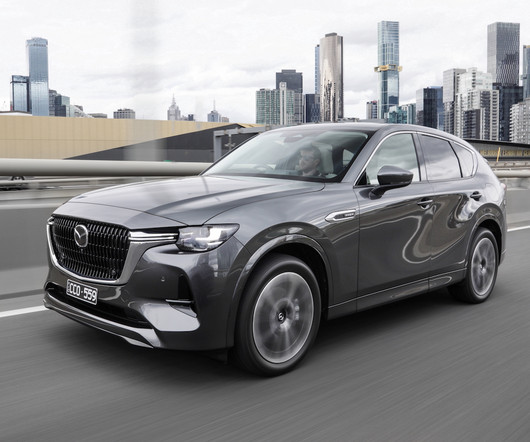

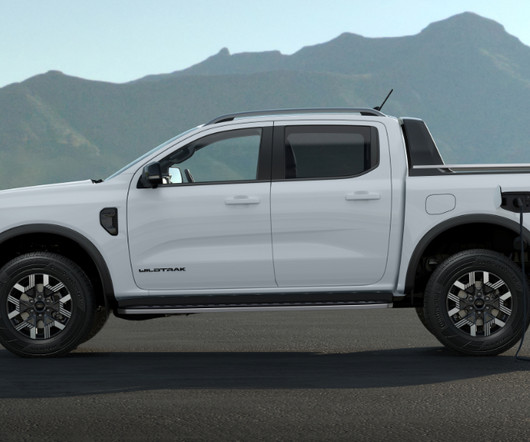
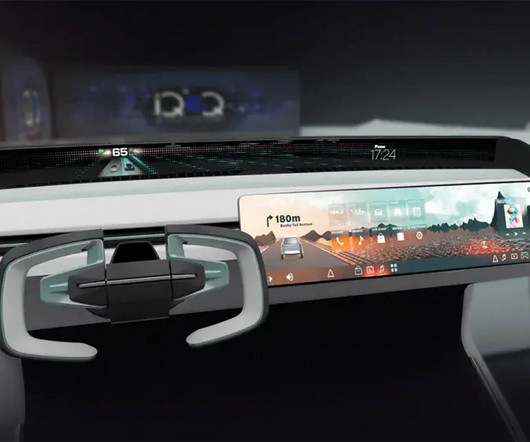
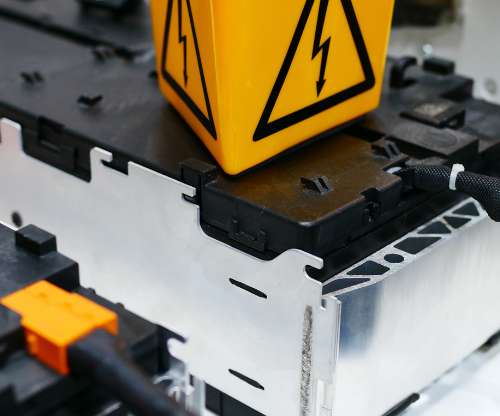
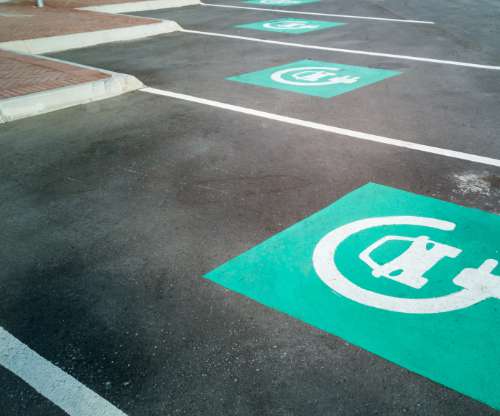


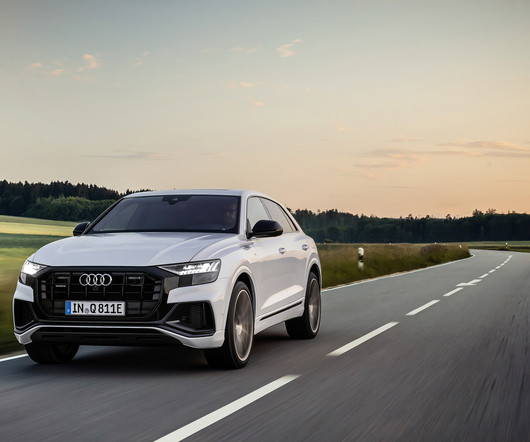
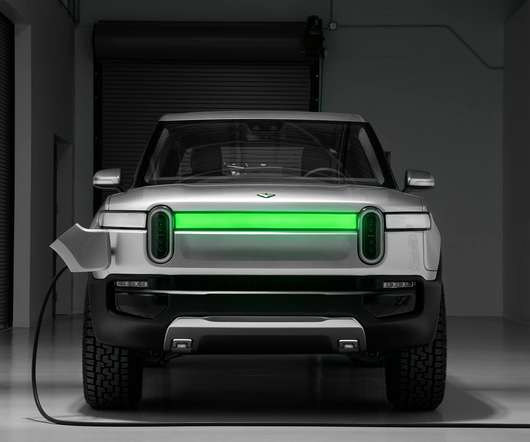
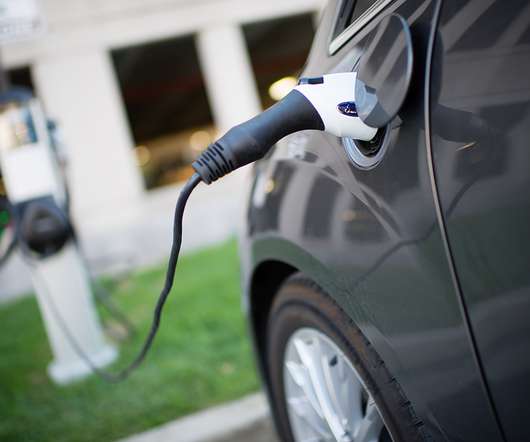










Let's personalize your content